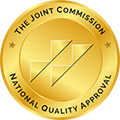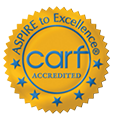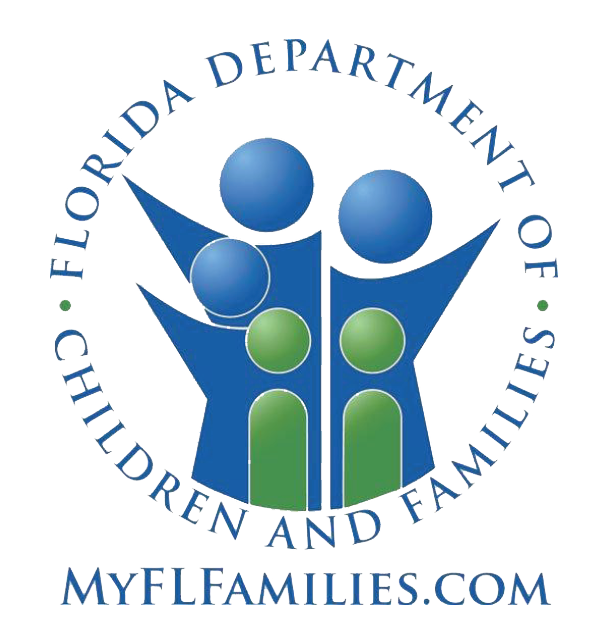At Serenity Springs Recovery Center, we employ a comprehensive approach to help individuals overcome their addictions and embark on a journey of lasting recovery. One of the fundamental frameworks we utilize is the renowned 12-step program, which has proven to be highly effective in assisting individuals in their path to sobriety. These 12 steps provide a structured guide for personal growth, self-reflection, and spiritual development.
At Serenity Springs, we integrate these steps into our treatment programs and support groups. We provide a safe and supportive environment for individuals to explore their addiction, work through the steps, and connect with others on a similar journey. We offer counseling, group therapy, and educational sessions that delve into each step, facilitating personal growth and long-term recovery.
- Admitting Powerlessness: The first step involves acknowledging that addiction has taken control of our lives and recognizing that we are powerless over our addictive behaviors.
- Finding Hope: The second step encourages individuals to believe in a higher power or a force greater than themselves that can restore sanity and provide hope for recovery.
- Surrendering to Higher Power: Step three involves surrendering our will and our lives over to the care of a higher power, as we understand it.
- Self-Inventory: Step four entails taking a fearless moral inventory of ourselves, examining our shortcomings, character defects, and the consequences of our addictive behaviors.
- Confession: Step five promotes honesty and self-acceptance by admitting the nature of our wrongdoings to ourselves, a higher power, and another trusted individual.
- Readiness for Change: Step six emphasizes being entirely ready to have our character defects removed and being willing to let go of the negative patterns that have fueled our addiction.
- Humility and Willingness: Step seven encourages individuals to humbly request the higher power to remove their shortcomings, realizing that they cannot overcome them on their own.
- Making Amends: Step eight involves creating a list of all the people we have harmed through our addiction and being willing to make amends to them, except when doing so would cause harm.
- Making Direct Amends: Step nine focuses on actively making amends to the individuals we have harmed, except when doing so would cause further harm.
- Continued Inventory: Step ten encourages regular self-reflection and taking personal inventory to promptly recognize and admit when we have erred, making amends as necessary.
- Spiritual Connection: Step eleven urges individuals to seek through prayer and meditation to improve their conscious contact with a higher power, seeking guidance, and strength.
- Service and Helping Others: Step twelve emphasizes the importance of carrying the message to others struggling with addiction and practicing these principles in all areas of life. By helping others, we reinforce our own recovery.
The 12-step program is not only about achieving sobriety but also about fostering holistic transformation and establishing a new way of life. By embracing these principles, individuals can break free from the cycle of addiction, rebuild their lives, and cultivate a sense of purpose, self-awareness, and lasting recovery.







